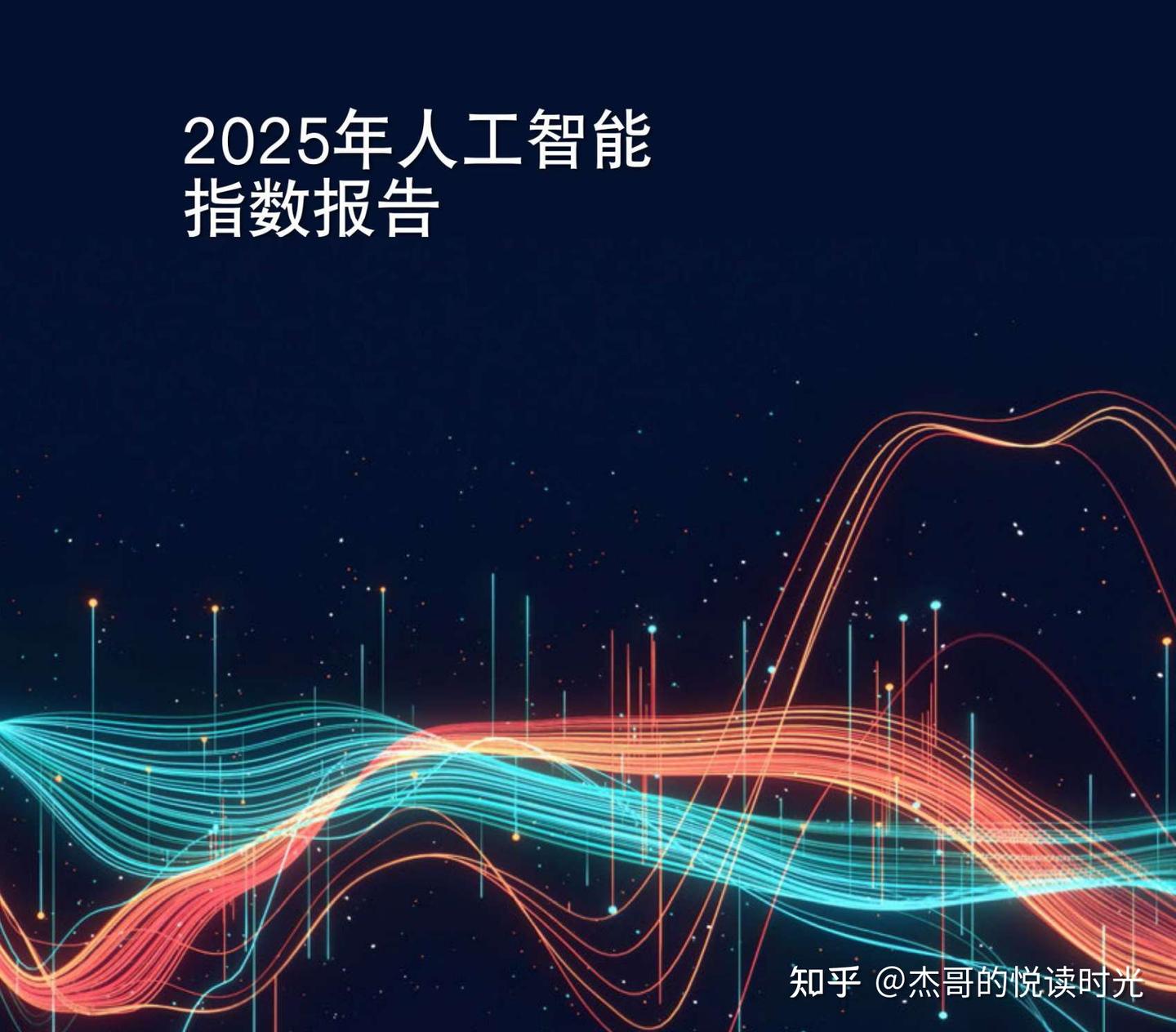ferrysmoke8
About
- Username
- ferrysmoke8
- Joined
- Visits
- 2
- Last Active
- Roles
- Member
Activity
-
As technology continues to advance, the adoption of machine intelligence into different sectors has become increasingly widespread. One of the most significant changes we are seeing is in the employment process, where AI interviews are reshaping how candidates are evaluated and decided upon. AI Interview are now utilizing cutting-edge algorithms and ML models to enhance the interview process, making it more efficient and analytically based.
AI interviews are crafted to improve the job seeker experience while providing employment teams with insightful insights. By employing AI-driven technologies, employers can assess not just the abilities and experiences of applicants, but also their personalities and compatibility within the organization. This novel approach is helping to reduce unconscious bias and establish a more impartial evaluation process, ultimately culminating in better hiring decisions. As we move through this new landscape, it is crucial to understand both the benefits and possible challenges that AI brings to the interview process.
AI's Impact on Candidate Selection
AI has revolutionized candidate screening by facilitating the initial stages of the hiring process. Traditional screening methods often require significant time and resources, as recruiters examine resumes to identify appropriate candidates. With AI, companies can utilize algorithms to rapidly analyze resumes and application forms, identifying key skills and qualifications that match job requirements. This simultaneously speeds up the process but also helps eliminate biases that may arise in human judgment.
Furthermore advantage of using AI in candidate screening is its ability to process large volumes of applications without sacrificing accuracy. As organizations receive hundreds of thousands resumes for a single position, AI can quickly screen and rank candidates based on predetermined criteria. This allows hiring teams to focus on a smaller, more qualified pool of candidates, making sure that they spend their time interviewing individuals who most fit the role and the company culture.
Furthermore, AI tools can continuously learn and improve from past hiring data. By analyzing which candidates have finally succeeded in their roles, AI systems can adapt their screening processes to improve the quality of future hires. This dynamic capability not only increases efficiency but also helps organizations deepen their understanding of what makes an ideal candidate, consequently leading to better hiring outcomes.
Revolutionizing Interview Process with AI Technology
Artificial intelligence platforms are revolutionizing the way candidates and employers handle the interview process, making it considerably efficient and not as stressful. With artificial intelligence-powered platforms, candidates can engage in virtual interviews that provide a lifelike and immersive experience. These tools are designed to simulate in-person interactions, allowing candidates to exhibit their skills in a comfortable setting. This technology not only helps applicants train better but also mitigates the anxiety often associated with interviews.
Employers gain advantages from AI by accessing access to cutting-edge analytics and insights that refine their decision-making process. AI can evaluate candidate responses in actual time, reviewing not just the content of their answers but also their delivery, attitude, and body language. This information allows hiring managers to make more educated choices, identifying the best fits for their organizations based on neutral criteria rather than relying exclusively on instinct or personal judgment. It simplifies the selection process, ultimately producing better hires and stronger team dynamics.
Furthermore, AI tools can substantially minimize time spent on administrative tasks, allowing recruiters to dedicate their efforts on building rapport with candidates. Arranging interviews, sending reminders, and even conducting initial screenings can be facilitated. This productivity frees up important resources for human connection and discussion, enhancing the overall candidate experience. By integrating AI into the interview process, companies can create a more welcoming environment that cherishes both technology and the personal connection.
Challenges and Moral Implications

As the integration of AI into the hiring process grows more common, multiple challenges arise. One key issue is the potential for prejudice in AI algorithms. If the information used to develop these models includes historical inequities, the AI may perpetuate these concerns, causing inequitable treatment of job seekers from diverse backgrounds. This can weaken the integrity of the hiring process and create a homogeneous staff that lacks varied perspectives.
Another critical consideration centers on openness. Many AI-driven tools operate as opaque systems, where the path to decision-making is not readily understood by recruiters or applicants. This lack of insight can foster distrust among candidates, who may feel uncertain about how their credentials are being assessed. Openness is vital not only to maintain justice but also to protect the standing of organizations that implement AI in their selection processes.
Finally, there are societal implications related to applicant data protection. The information collected by AI applications during interviews can contain private information. Organizations must manage the duality between using data for enhanced decision-making and protecting the rights of candidates. Developing clear policies on data usage and implementing strong security measures are necessary steps in addressing these ethical challenges as AI continues to shape the future of staffing.
August 23